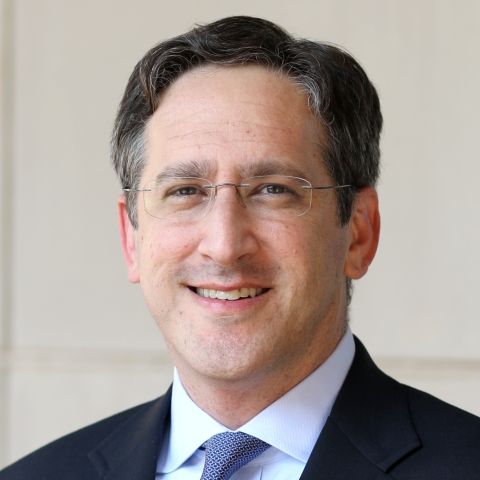
About twenty-five years ago, in the introduction to his book Self-Ownership, Freedom, and Equality, Jerry Cohen described encountering an unfamiliar set of libertarian arguments that put him on edge. Here’s what he wrote:
I had never heard an argument against socialism for which I did not (so I thought) already have an answer in my pocket. Then one day in 1972, in my room at University College, Jerry Dworkin nudged me. He began a process that, in time, roused me from what had been my dogmatic socialist slumber. He did that by hitting me with an outline of the antisocialist Wilt Chamberlain argument, as it was to appear in Robert Nozick’s then forthcoming Anarchy, State, and Utopia. My reaction to the argument was a mixture of irritation and anxiety. There was a would-be confidence that it depended on sleight of hand, alongside a lurking or looming fear that maybe it did not.
My reaction to Eric Nelson’s Theology of Liberalism is much the same. The arguments of the book are novel, intriguing, and unsettling, at least for those with egalitarian sympathies, or, more specifically, for those who believe that their egalitarianism is connected in some way to the idea that the distribution of our natural endowments is morally arbitrary. But something in Nelson’s argument also doesn’t seem quite right, even if it is difficult to put your finger on it. Some early left-liberal responses to Theology of Liberalism don’t seem disturbed by it. (Cohen reported that the same was true of Scanlon and Nagel’s reaction to Nozick’s argument—they weren’t as exercised as he was.) Yet we are starting to see some sophisticated philosophical efforts to work through Nelson’s challenge to Rawlsian and other forms of liberal egalitarianism. I suspect that further responses will be forthcoming, and here I will only try to sketch a few preliminary thoughts of my own, emerging from what might seem like an egalitarian slumber.